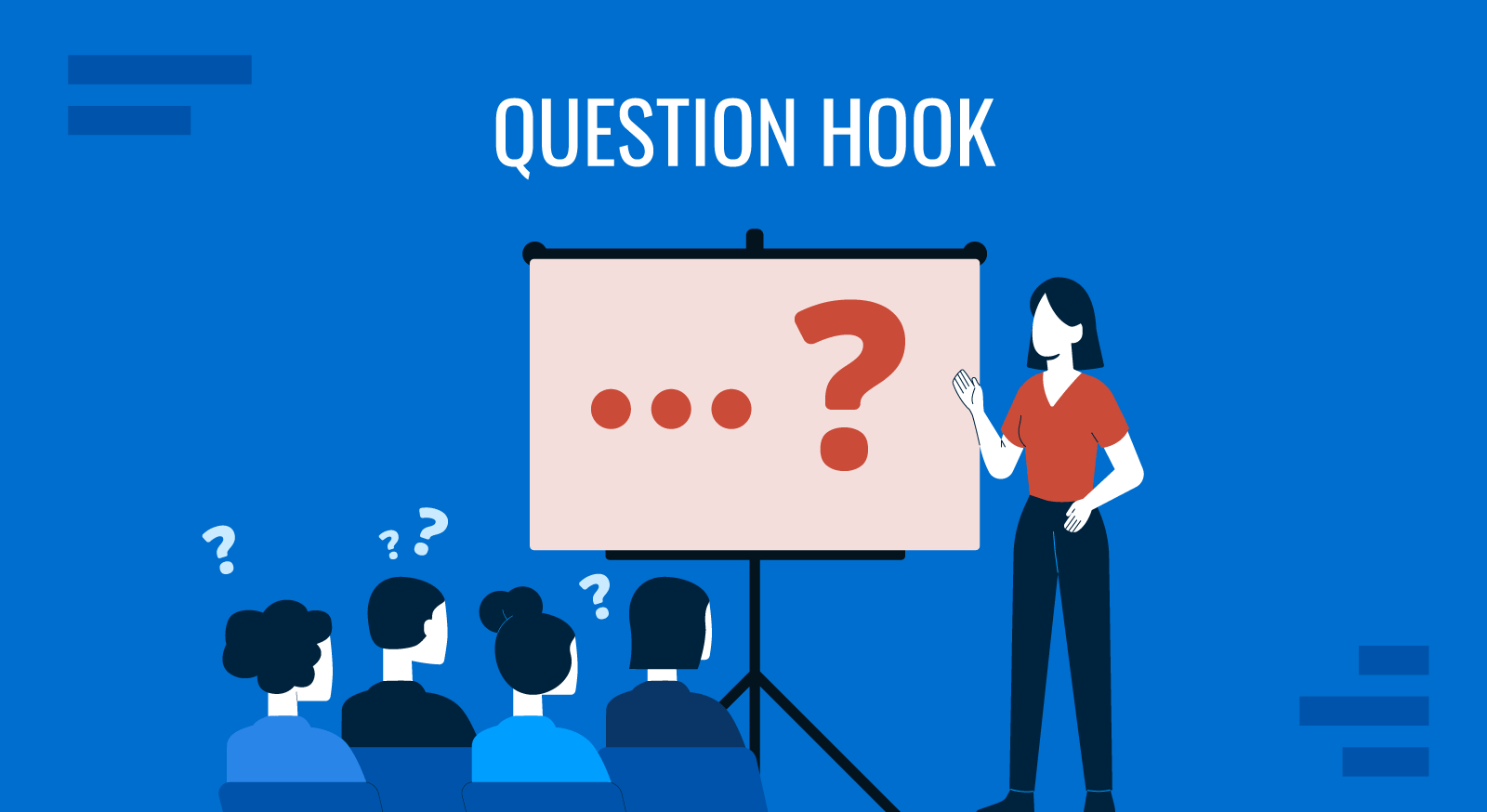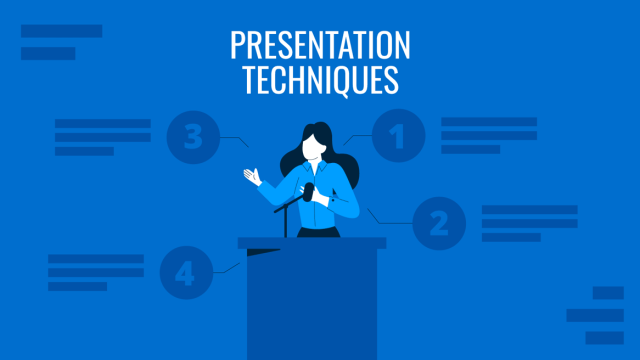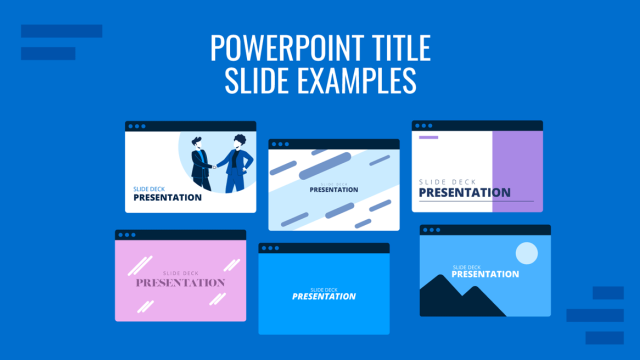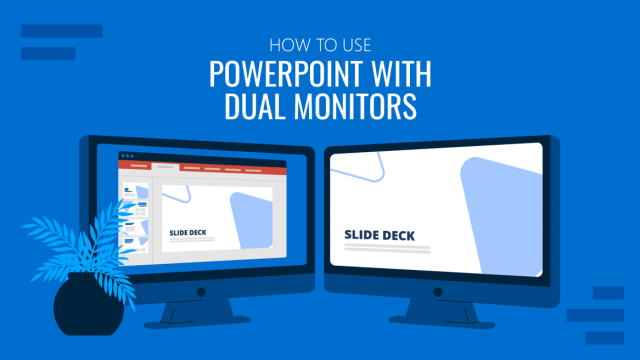
The strength of your message often determines the success of your public speaking, but the way you begin sets the stage for everything that follows. A Question Hook is the act of opening your presentation with a question, posed directly to the audience or rhetorically to the room. The purpose is simple: it drives attention from the very first moment and primes listeners for engagement. A question that doesn’t act as a filler; it is an intentional tool that sparks curiosity, establishes relevance, and creates a conversational rhythm between you and your audience.
In our experience, the opening question does not signal uncertainty or lack of preparation. Instead, it shows confidence. A presenter who leads with a question trusts their ability to guide the audience’s thoughts. That opening moment carries as much weight as the most carefully designed slide, because it instantly transforms passive listeners into active participants.
Why Questions Capture Attention
When you present, your audience’s brain is constantly filtering what deserves their focus. Research in cognitive psychology shows that questions stimulate an automatic “information gap” response: when we hear a question, our minds instinctively search for an answer. George Loewenstein’s work on curiosity highlights that once this gap is triggered, people are motivated to pay attention until it is resolved.
This means that a well-placed question at the start of a presentation doesn’t just grab attention, it holds it. Instead of passively receiving information, listeners lean in, waiting for resolution. In neurological terms, questions activate working memory and improve retention. The effect is simple but powerful: curiosity makes your words harder to ignore.
Types of Questions That Hook an Audience
Not all questions work equally well at the start of a presentation. The key is relevance and brevity. Overuse or poorly framed questions can feel forced. The most effective types include:
Rhetorical Questions
“What would you do if you had only 24 hours to save your business?”
These don’t need an answer; they set the stage for your central idea.
Reflective Questions
“When was the last time you felt truly confident on stage?”
These prompts self-examination, immediately making the topic personal.
Challenge Questions
“How many of you believe multitasking makes you more productive?”
These push against assumptions and prepare listeners for a new perspective.
Future-Oriented Questions
“What will presentations look like five years from now?”
These stimulate imagination and position your talk as forward-looking.
Problem-Solution Questions
“What’s the single biggest obstacle keeping you from delivering your best talk?”
These create anticipation for your solution.
Each type of question has its own rhythm and effect, but all share the same principle: they open a loop in the listener’s mind that your presentation promises to close.
Handling Nervousness About Asking Questions
A common worry is, “What if no one answers?” The truth is: you don’t always need an answer. Rhetorical and reflective questions thrive without one. Suppose you do want audience interaction, plan for it. Use a show of hands, a poll in a virtual presentation, or even pre-seeded audience participation.
Practicing with small reflective questions in everyday conversations helps presenters build confidence. Over time, the act of starting with a question feels less like a gamble and more like a proven strategy.
Final Words
The Question Hook is not complicated, but it requires courage. For a few seconds, you hand attention to the audience’s thoughts before offering your ideas. You resist the urge to start with a biography or small talk. In that moment, curiosity takes hold.
As it integrates into your presentation style, the question ceases to feel like a tactic. It becomes a natural extension of how you communicate: direct, engaging, and intentional.


